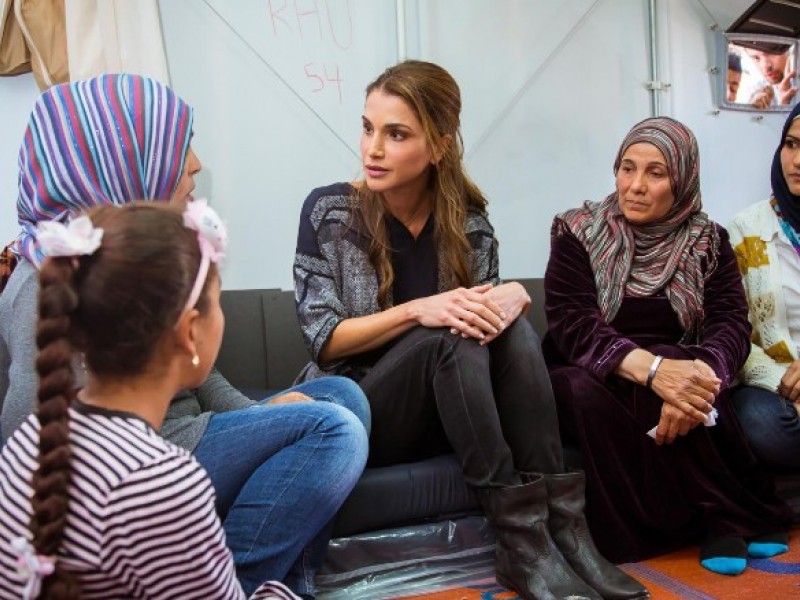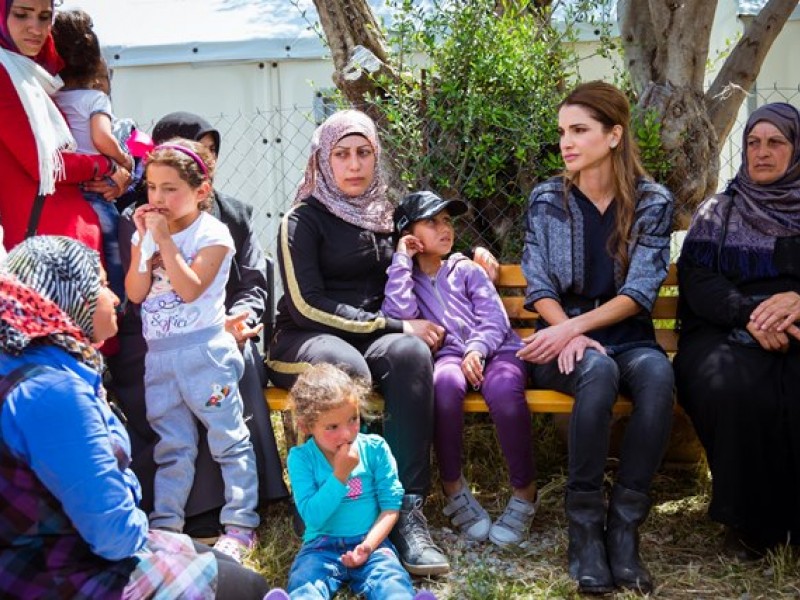What Good Is Technological Progress Without Moral Progress? Blog Post on the Huffington Post.

Energy-neutral, glow-in-the-dark trees planted on pavements to replace street lights. Water pipes that monitor their own leaks. Bionic arms powered by the mind. A mouth-guard that detects concussions. Self-driving cars.
These are the kind of technologies of which we’ll see more in the next ten years. And, no doubt, the pace of innovation will accelerate at a dizzying speed as the world’s best creative minds try to sate the demands of our insatiable appetite for progress and an insta-lifestyle that’s faster, cheaper, easier and better – whatever ‘better’ might mean.
But as we consider what the next ten years will bring, let’s ask ourselves this: what good are these technologies if they cannot be shared and enjoyed by all – especially the people or nations who need them most? Or if a lack of security and stability prevent people from accessing them?
In other words, what good is technological progress without moral progress?
Answer: it’s nothing more than the illusion of progress.
Right now in my region, the Middle East, men are beheaded for sorcery while children are forced to watch. Women are enslaved and abused for belonging to ‘another’ religion. Around five million children are out of school – missing out on the a,b,c’s and the 1,2,3’s of their future and the future of our region.
Elsewhere, the ugly scenes in Ferguson and Baltimore remind us that below the surface and, too often, above it, injustice and prejudice simmer across the US. We’ve seen religious intolerance manifest itself in terrifying massacres in Kenya. And already this year, around 1500 refugees, in search of a better life, have drowned, in part, because of the global community’s indifference to their plight.
As long as progress is exclusive and not inclusive, shared by some and not all, the more we’ll see incidents like these. And the more we’ll see lone wolf terrorists and groups, such as ISIS, Al Shabab and Boko Haram feed off people’s sense of injustice and seek perverted fulfillment.
To go forward, to write a narrative of real and lasting progress, we must go back. Back to basics. We must return to the roots of our common humanity and to the universal values that connect us to each other. And we must be as hungry and restless for them as we would be if they were the next smart phone or Fitbit or video game.
Imagine the power behind the simple act of getting to know others different from ourselves -- of reaching out to someone from a religion or culture different to our own. What waves of understanding and compassion would follow if we stood in one another’s shoes.
I’m an Arab and a Muslim and a mom of four but I empathized – and applauded – the actions of African American mom, Toya Graham, when she hauled her son out of the riots in Baltimore and ordered him home to keep him safe. And I know I wasn’t alone. A mother’s love is the same in any culture, religion or language.
Is Toya any different to 40 year old Ghada – a Syrian mother of five girls and two boys? Her husband killed by a sniper; her in-laws’ home looted and burned; threats of rape and murder against her daughters; and with the security services after them, Ghada took her children and escaped. In the dead of night, terrified that the moonlight would reveal them, they walked the hilly, rocky ground, carrying the youngest children and what possessions they could, until they reached the safety of the Jordanian border. A mother’s love is the same in any culture, religion or language.
It’s in that moment when we think, “that could be my child”, that we start to identify with each other and relate to each other’s hopes and fears. It’s the impulse that makes us take responsibility for each other’s well-being. It’s the essence of global citizenry and what living in an interdependent world means: being able to depend on each other.
And, yet, somewhere in our fast-paced world, crammed full of the latest gadgets, the alleged hallmarks of ‘progress’, too many people have forgotten the values on which our global family is built.
So, how do we remedy this? With an app called “Moralify’ on which we click daily to remind us to be honest, kind and generous? Or a ‘Valuebit’ we wear on our wrists to count integrity, love and forgiveness points?
How about we pause, put down our devices, look up and listen to our hearts and our consciences? Not so much ‘connectivity’ as just connecting with each other. And if that moral progress could keep pace with technological progress then that would be, well, real progress.
Featured
Queen Rania's official website
This website does not support old browsers. To view this website, Please upgrade your browser to IE 9 or greater
Your browser is out of date. It has known security flaws and may not display all features of this and other websites. Learn how to update your browser



